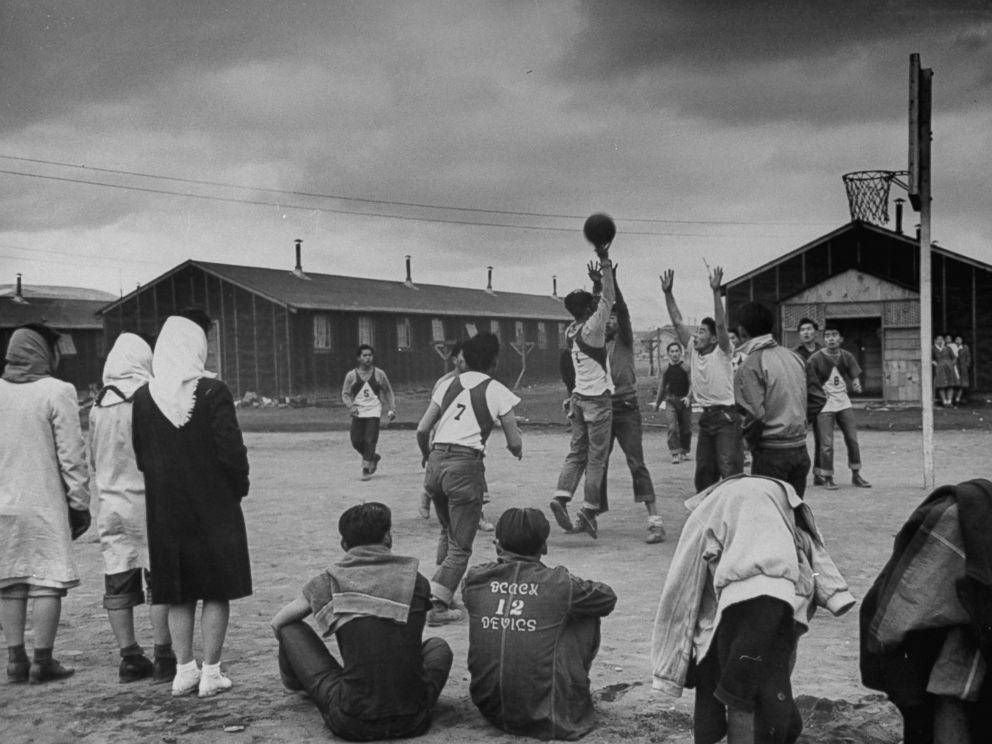Donald Trump Cites These FDR Policies to Defend Muslim Ban
The candidate has cited the proclamations limiting rights after Pearl Harbor.
— -- GOP presidential front-runner Donald Trump defended his suggestion to temporarily ban all Muslims who are not U.S. citizens from entering the country by comparing his plan to that of President Franklin D. Roosevelt in the wake of the 1941 Pearl Harbor attack.
"What I'm doing is no different than FDR," Trump told “Good Morning America" today via telephone in response to critics who say he has gone too far.
Trump went on to specifically cite three presidential proclamations made by Roosevelt the day after the Dec. 7, 1941, Pearl Harbor attack, which dramatically limited the rights of Japanese, German and Italian nationals living in the United States.
"I mean, take a look at what FDR did many years ago and he's one of the most highly respected presidents. I mean respected by most people. They named highways after him," he said, referencing a highway in New York City named for the former president.
The first proclamation, number 2525, focused on the limitations placed against "all natives, citizens, denizens or subjects of Empire of Japan," noting that "an invasion has been perpetrated upon the territory of the United States by Empire of Japan."
Subsequent proclamation 2526 applied the same rules to Germans and 2527 did the same to Italians who fit the same description.
Among the listed prohibitions placed by the proclamations: Japanese, German and Italian individuals were subject to internment and detention in Hawaii, Alaska, Puerto Rico and other territories.
All listed people were forbidden from owning or operating firearms, radios, cameras or being in possession of papers with invisible ink or any maps or photos of U.S. military or naval outposts.

All property belonging to the Japanese, German and Italian individuals was subject to seizure, and they were banned from traveling by air.
When asked specifically whether he supports internment camps, Trump repeatedly said no, but he did go on to cite the motions listed in these three proclamations as part of his argument. At one point, Trump said the policies put forth by Roosevelt were "far worse" than the ban that he is proposing. But, later, when asked by ABC News’ George Stephanopoulos whether he wanted to bring back policies like the ones listed in the proclamations, he implied that he would.
"I don't want to bring it back, George, at all. I don't like doing it at all. It's a temporary measure until our representatives -- many of whom are grossly incompetent -- our representatives can figure out what's going on," Trump said.
This is not the first time during this presidential campaign that Trump has praised the actions of an earlier president. During the fourth debate, Trump touted the deportation plan used by President Dwight Eisenhower in addressing Mexican immigrants.
Get real-time updates as this story unfolds. To start, just "star" this story in ABC News' phone app. Download ABC News for iPhone here or ABC News for Android here.